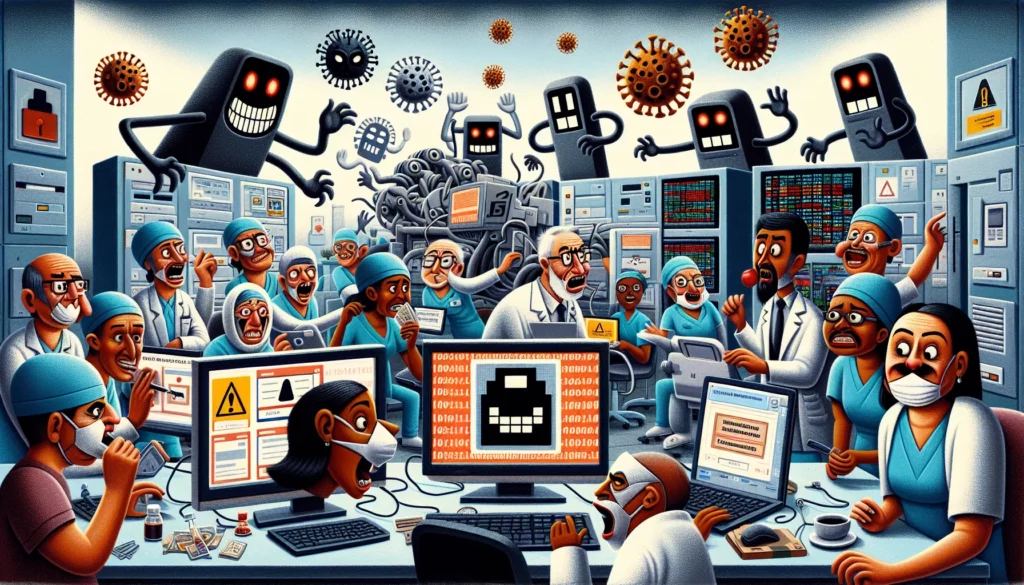Impact of Two Ransomware Incidents on European Hospitals Resulting in Fatal Outcomes
In recent months, two significant ransomware attacks targeting hospitals in Europe have underscored a stark reality: cybercrime now poses a tangible risk to human lives, extending beyond traditional data breaches. These incidents illustrate how cybercriminals are increasingly aiming at critical healthcare infrastructure, disrupting services and jeopardizing patient care.
The first incident occurred in a prominent German hospital, where attackers gained access to the hospital’s network and deployed ransomware, rendering essential medical systems inoperable. As a result, the facility was forced to divert emergency cases to neighboring institutions, resulting in treatment delays that tragically contributed to the death of a patient. This attack not only resulted in operational disruption but also highlighted the potential for life-threatening consequences when healthcare systems are compromised.
A similar scenario unfolded in a facility in Ireland, where cybercriminals executed a coordinated ransomware attack that affected numerous hospitals. The incident paralyzed healthcare operations, leading to the cancellation of critical procedures and a backlog of patients requiring urgent care. The ensuing chaos not only strained regional healthcare capabilities but also placed patients in jeopardy, highlighting the severe ramifications of such cyber intrusions.
These incidents raise significant concerns about the vulnerabilities within healthcare systems and the need for robust cybersecurity measures. Hospitals are increasingly targeted due to their reliance on interconnected systems and the critical nature of the services they provide. The consequences of successful ransomware attacks extend far beyond financial losses and data exposure; they can lead to irreversible outcomes in patient health and safety.
Healthcare organizations must prioritize their cybersecurity strategies, employing advanced threat detection and response capabilities, regular security audits, staff training, and incident response planning. Adopting a proactive approach to cybersecurity can greatly mitigate the risk of ransomware attacks and prevent potential harm to patients.
As the landscape of cyber threats continues to evolve, stakeholders in the healthcare sector must recognize the urgency of implementing comprehensive cybersecurity frameworks. Protecting patient data and ensuring the integrity of health services is paramount, as the stakes have never been higher. The intersection of cybersecurity and patient safety is now a critical focus for organizations committed to safeguarding both information and lives within the healthcare ecosystem.








